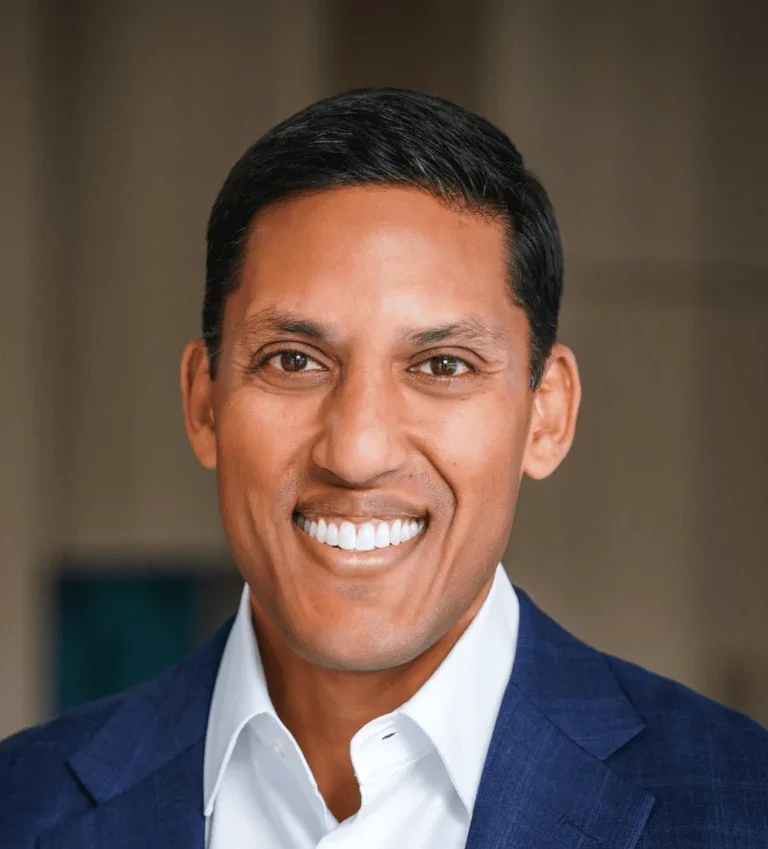The fight against climate change will be won or lost in emerging and developing countries, where far too many people still live in energy poverty — without access to enough reliable, affordable electricity to compete in the 21st century economy. These nations are too often overlooked because they are currently low emitters, but by 2050, they could collectively account for more than 75 percent of global greenhouse gas emissions. The world can avoid that future, and build a more sustainable one, by helping these countries transition to renewable energy now.
Humanity took an important step towards that sustainable future today, when the Global Energy Alliance for People and Planet (GEAPP) announced that it is partnering with the Government of Vietnam to help accelerate a just energy transition. On behalf of The Rockefeller Foundation, an anchor partner of the Alliance, and the Alliance’s Global Leadership Council, I applaud this collaboration, which will help Vietnam achieve its commitment to reach net-zero emissions by 2050, while unlocking inclusive economic growth. GEAPP will provide technical assistance, capacity building, and research support to Vietnam’s Institute of Energy, Ministry of Planning and Investment, and Ministry of Natural Resources and Environment.
This partnership with Vietnam marks an exciting step in GEAPP’s efforts to scale just energy transitions across Southeast Asia, a region particularly vulnerable to climate change. GEAPP, which is quickly becoming the premier platform for energy transitions in developing and emerging economies, will leverage learnings from its other programs to identify and scale solutions in Vietnam. Launched by The Rockefeller Foundation, the IKEA Foundation, the Bezos Earth Fund, and other partners, GEAPP is helping a dozen partner countries — including South Africa and Indonesia, which, like Vietnam, have announced Just Energy Transition Partnerships (JETPs) — shift from fossil fuels to clean energy. These transitions can serve as an avenue for progress in advancing human opportunity and fighting climate change by reducing future carbon emissions, expanding clean energy access, and enabling new jobs.
